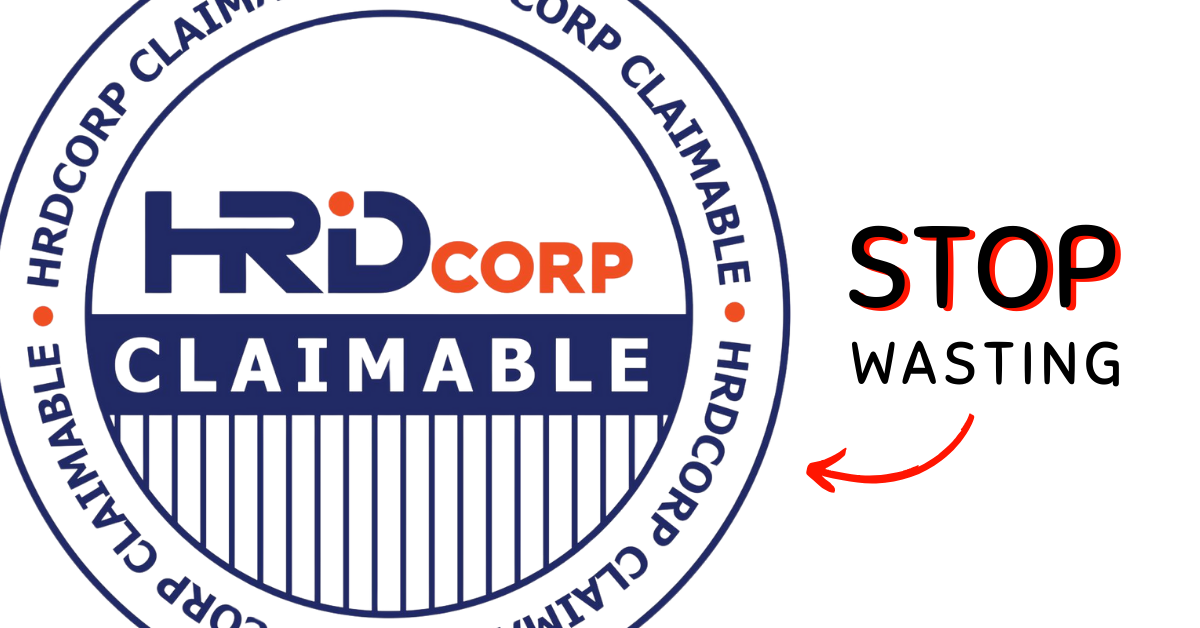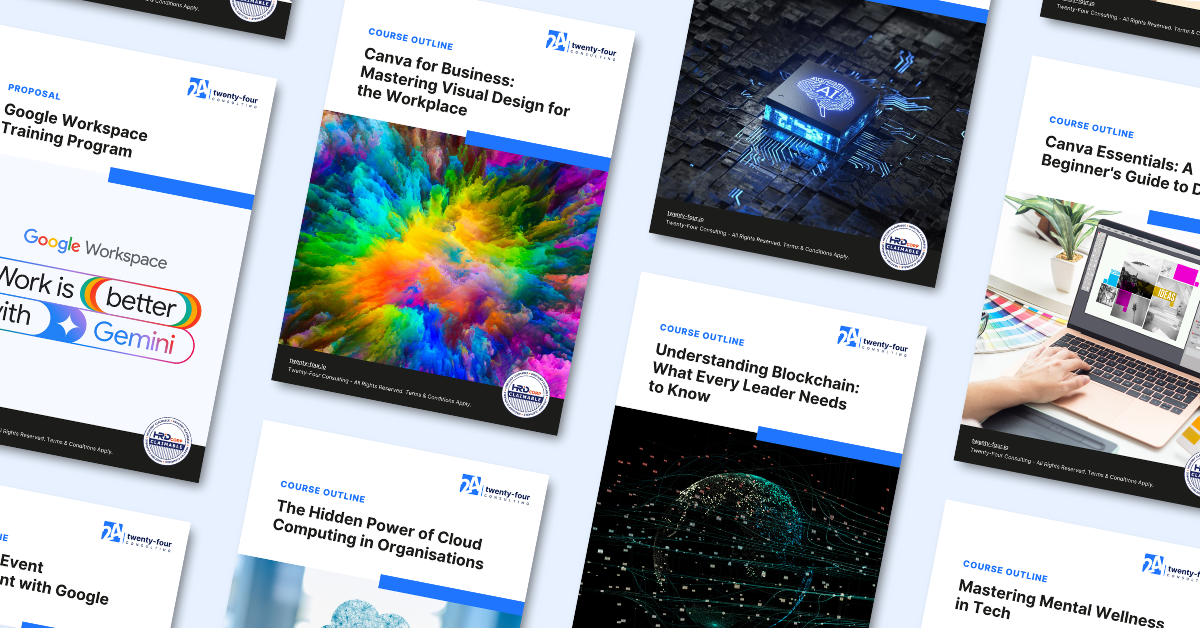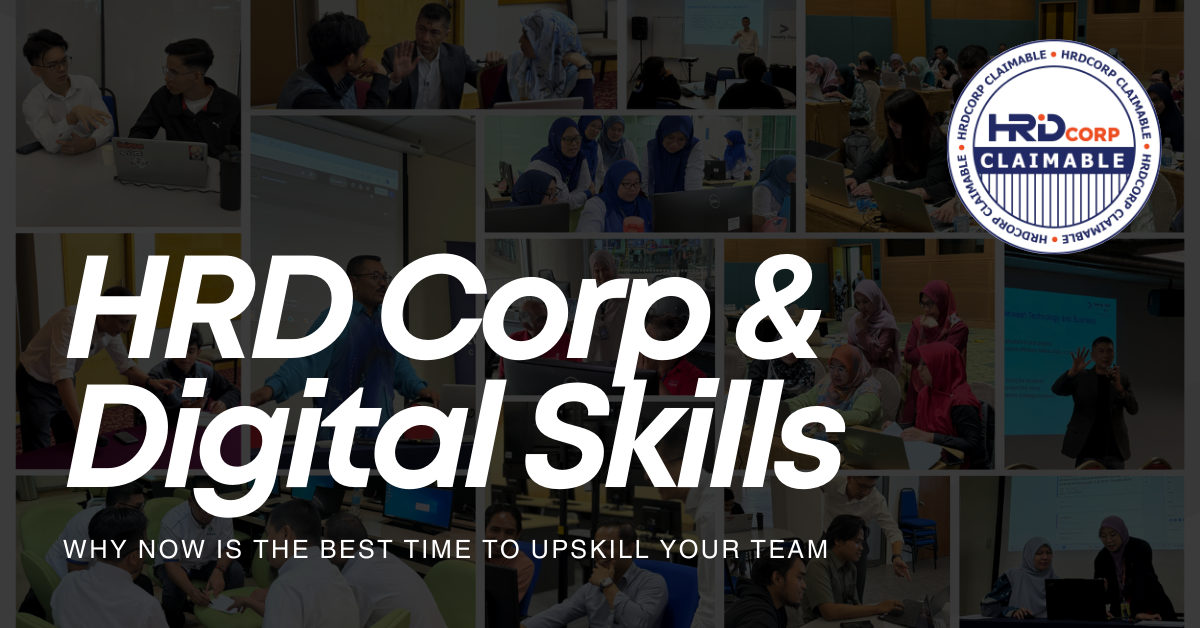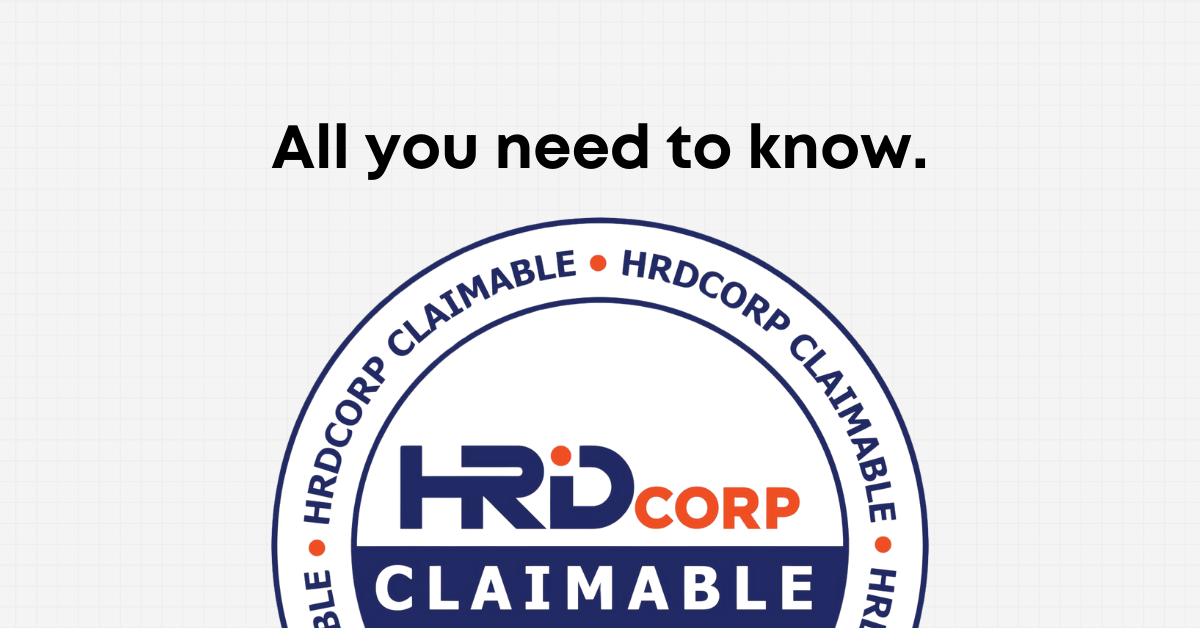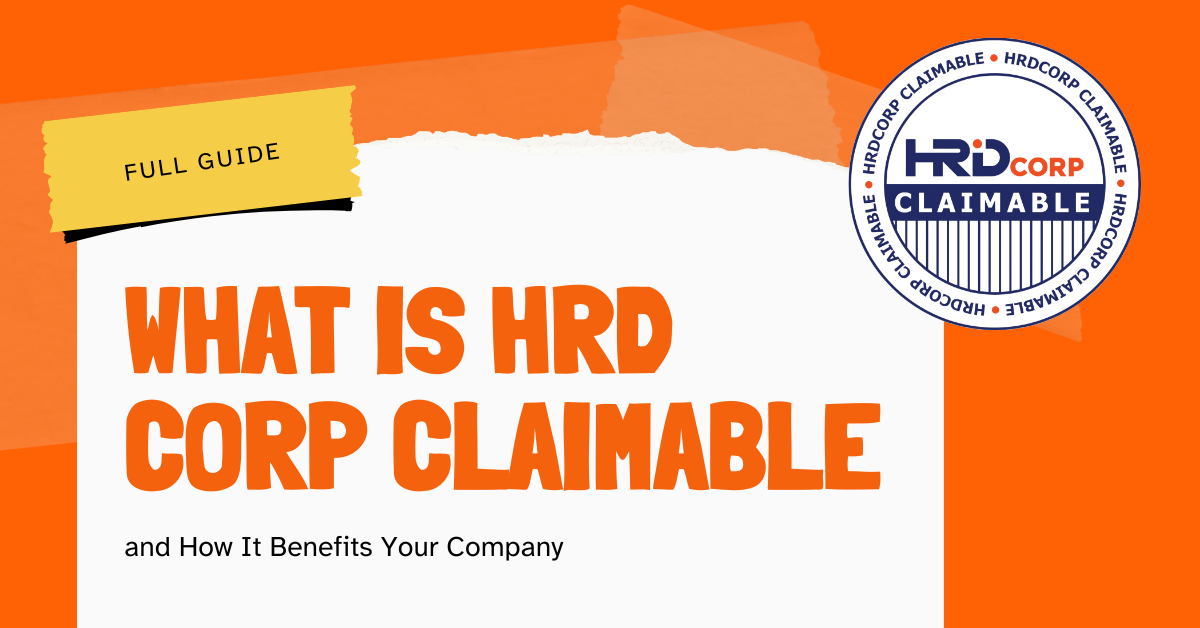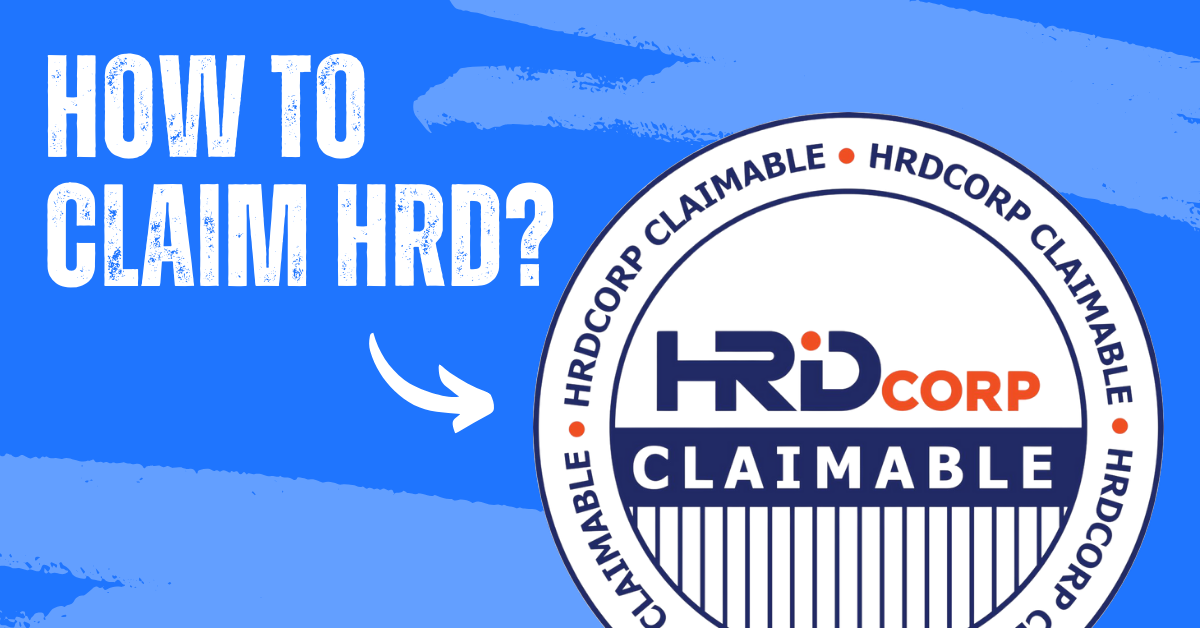Making The Best Out Of HRD-Claimable Trainings
HRD Corp has been a game-changer for Malaysia’s workforce.
Thanks to its training funds, companies now have access to a wide range of courses, allowing employees to upskill at little to no cost.
I have even benefited from this great scheme over the years. It sounds like a win-win situation—and to an extent, it is.
But there’s an issue that we need to talk about, and it’s one that I’ve seen more and more often in my line of work: training has become transactional.
Here’s what I mean. Many companies enroll in training programs simply because the HRD funds are available, not because the courses are genuinely what they need.
HRD Corp has opened the door to free training, but in doing so, we’ve unintentionally created a system where training is something to tick off the list rather than a tool to drive real business outcomes. I’m sure this sounds familiar to a lot of you.
The Problem with Transactional Training
In my experience, this issue comes from how training is being sold. Major training providers often push multiple products on sales teams who, quite frankly, can’t be experts in everything they’re selling.
So, instead of helping companies find the right solution for their specific challenges, they end up promoting programs that close the sale—whether or not they meet the client’s real needs.
Now, I’m not saying sales teams are to blame entirely. They’re working with what they’ve got. But as a result, companies are sometimes pressured into taking training that doesn’t actually help them. It becomes about using up the available funds than ensuring the training has any lasting impact to the individuals.
We’re seeing a flood of low-quality programs hitting the market. People take the time out of their busy schedules to attend these classes—often excited about the opportunity to learn something new—only to be let down by courses that provide little to no real value. It’s a waste of time, energy, and potential.
Making the Shift: From Transactional to Transformational
So how do we fix this? It’s time to shift from transactional training to transformational training.
Instead of looking at training as a freebie that needs to be used up, companies should be thinking about it as a real investment in their people. What are the actual skills gaps? What are the business challenges that need solving? What will genuinely make a difference for the company?
I’ve taken a different approach with my clients, and it’s starting to pay off. I start by offering a 2-hour preview session—no strings attached. This gives companies a chance to see firsthand what value we bring to the table and how our programs are tailored to their needs.
From there, we move into a 2-day program, where we dive deeper into topics that matter most to the organization. And if the company is really committed to making change, we propose a year-long program to help them integrate these skills into their day-to-day operations and track progress over time.
This isn’t about just ticking the box. It’s about making sure the training leads to real improvements in performance, productivity, and innovation.
How to Make HRD Corp Work for You
To unlock the full potential of HRD Corp’s scheme, companies need to start with a different mindset. Here’s what I recommend:
- Start with the needs: Before you even think about which course to take, get clear on what your company actually needs. Conduct a skills gap analysis, look at your business challenges, and be honest about what will make a difference.
- Work with training providers who care: Find providers who are willing to sit down with you, understand your business, and customize their programs accordingly. Don’t settle for cookie-cutter solutions.
- Follow through: Training isn’t a one-and-done event. After the course, there should be a plan in place for how employees will use what they’ve learned. Whether it’s through follow-up coaching, mentoring, or regular check-ins, make sure there’s a strategy for long-term success.
- Think long-term: Don’t just focus on what your company needs today. Think about where you want to be in six months, a year, five years down the road. Long-term partnerships with the right training provider can help you get there.
The Opportunity Ahead
I’m not here to knock the HRD Corp scheme or training providers. Really. It’s been a huge boon for many companies in Malaysia. Not even our neighbours in Singapore have such a scheme.
But to really make the most of it, we need to move away from this transactional mindset. Instead, we should be looking at training as an opportunity to make lasting change. Done right, it can transform a workforce—helping employees build the skills they need to thrive in the future and giving companies the tools to stay competitive.
The potential is there. It’s up to us, as companies and training providers, to seize it.
By Ali Reza Azmi
Founder & Consultant @ Twenty-Four Consulting
By Ali Reza Azmi
Founder & Consultant @ Twenty-Four Consulting
Related Posts

